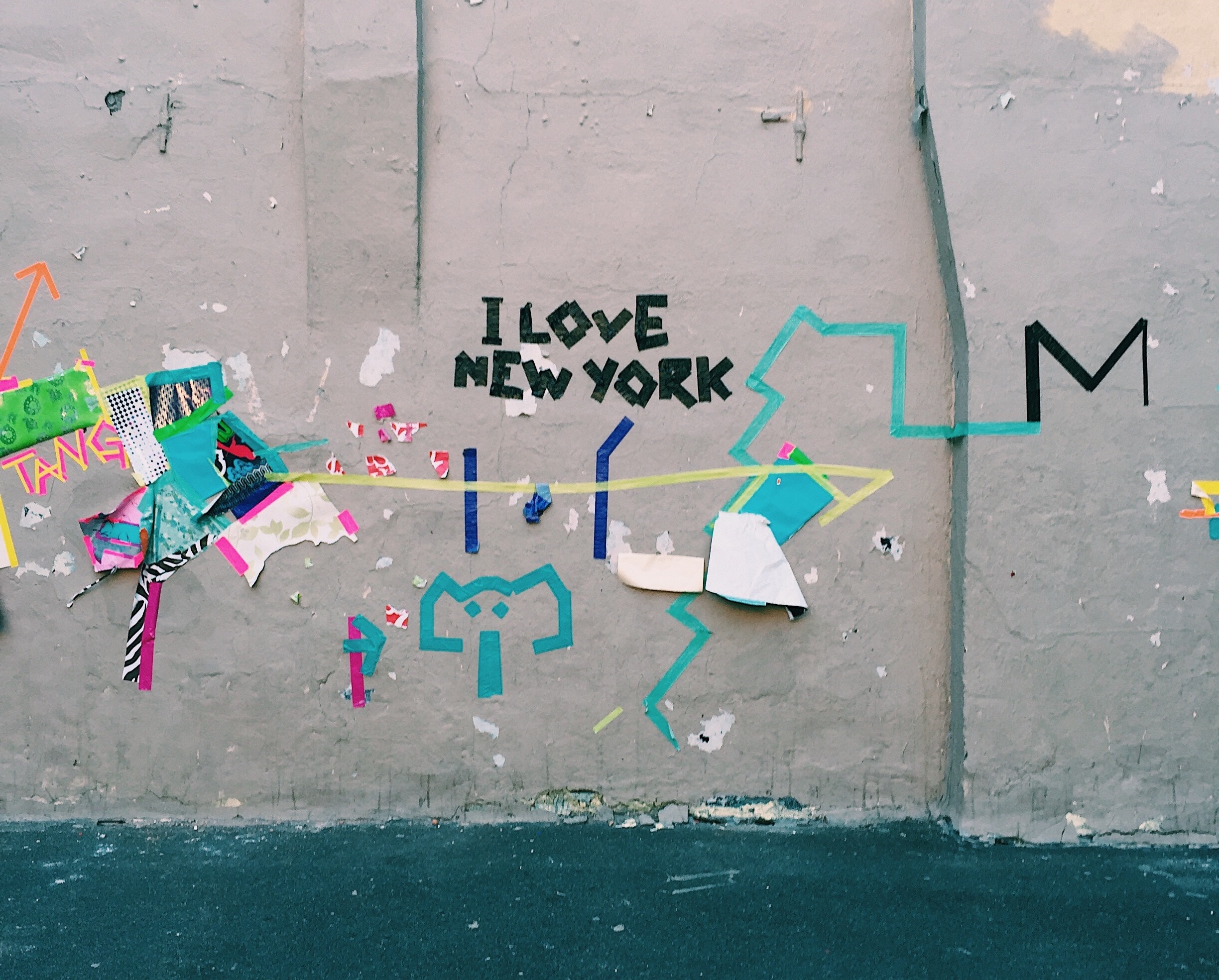Transition to King’s and Culture Shock
Going away to college involves so many transitions. Welcome to Culture Shock! Danise Stokeld, Director of Advising, shares about her experience and advise for the transition to life in New York City.

Going away to college involves so many transitions. Welcome to Culture Shock! Danise Stokeld, Director of Advising, shares about her experience and advise for the transition to life in New York City.
By Danise Stokeld
Before coming to King’s, I spent eight years at Columbia International University in South Carolina, teaching in the field of intercultural and coordinating overseas internships and study abroad trips. Before that, my husband and I lived and worked in Central Asia for over 14 years. So I’ve spent a lot of time thinking about adjusting to new cultures, both personally, and as I’ve helped students prepare to travel overseas. As I’ve been here at King’s, I’ve recognized great similarities between the experiences of my students overseas and new students entering King’s.
Going away to college involves so many transitions—independence from parents, a much freer class schedule, new friends, new activities, and many new choices. Add to that an adjustment to King’s, located in downtown Manhattan, and a lot more transitions pile up—the excitement of the city, the new transportation system, and the seemingly endless variety of coffee shops around! It’s an exciting time, at least at first! For most of us, though, at some point the reality hits, and we suddenly are very tired of it all–figuring out the ever-changing schedule of which trains run on the weekends, shopping in cramped aisles with so many people, cooking for ourselves, and NO alone time or space. Not to mention midterms coming up!
Welcome to Culture Shock! You see, you don’t need to leave the country to experience the shock of adjusting to a very different culture. NYC can be an overwhelming place with new smells, new sights, new sounds. And new cultural expectations, like when (and when not) to greet a stranger (never on the subway, always as you leave an elevator). All of these new, different and conflicting signals can overwhelm our senses. And the more quickly and deeply we dive in, the more deeply the “shock” to our system might be. At this point, you may begin to think that you have made a big mistake. That you are just not made for the City, or even that King’s is a terrible place. But I think at that point, it’s good to step back and realize it’s not King’s, it’s the City and all the transition. The good news? This is a perfectly normal, and actually quite healthy, response, and there are things you can do to survive and even thrive!
If you’re feeling overwhelmed and frustrated with all the things you don’t like about this place today, try to find a place or setting that feels “normal” for just a bit. Go hang out at Chick-fil-A, where it smells and looks and tastes like home! Order your favorite sandwich, sit on the second floor, and listen to the instrumental worship music. Give your senses a break from “new” just for a bit.
Get plenty of rest, but also get plenty of activity. Sometimes the student-life consists of sitting in desks here on campus, riding on a subway or making a short walk back to your apartment, and then sitting some more while you study. Your brain becomes very tired trying to process all of the newness as well as completing all those assignments for classes. But your body still has energy to dispense. You’ll need some kind of outlet for this in order to get proper rest.
Let yourself be honest about your struggles, but don’t let yourself become critical. For instance, instead of griping about how horrible this place is because it is filled with so many people, just acknowledge that you really struggle and are not used to a place with so many people around constantly. Instead of complaining about the horrible subway system that is always running late, admit that one area of your character that you might need to work on is patience, as seen by your frustration in having to wait a bit longer than you’re used to when you could drive yourself.
And continue to try to look for the positives. It may be difficult when you’re in the middle of culture shock, but try to remember the things you got excited about when you first arrived here. It can be small, like, “I love smelling the water when I walk to Battery Park.” “I love seeing the sliver of sky between two tall buildings on my way to school.” Taking a moment to be grateful, especially when you feel stuck in anxiety or self-pity, can change your whole outlook.
Give yourself time to adjust, space to struggle, and the freedom to pull back from time to time. Know that this cycle is normal, and that you can and will adjust.
And be prepared. About the time you begin to really feel in sync here, it may be time for Christmas break. Returning to your home environment can be another growing experience. You’ve finally adjusted to living in New York City, and now, Main Street gets quiet at 9:00 p.m., and there’s nothing to do in your hometown. Or your parents and relatives (who haven’t been reading Thomas Sowell and who haven’t heard Dr. Johnson’s lectures on the Tanach) can seem small-minded in conversation. As your new normal of people and activities and freedom collide with your old normal back home, you may find yourself in the middle of Reverse Culture Shock. And know that that’s normal, too. Whether it’s here or back at home, hopefully just realizing you’re not alone will encourage you—you can do this!




